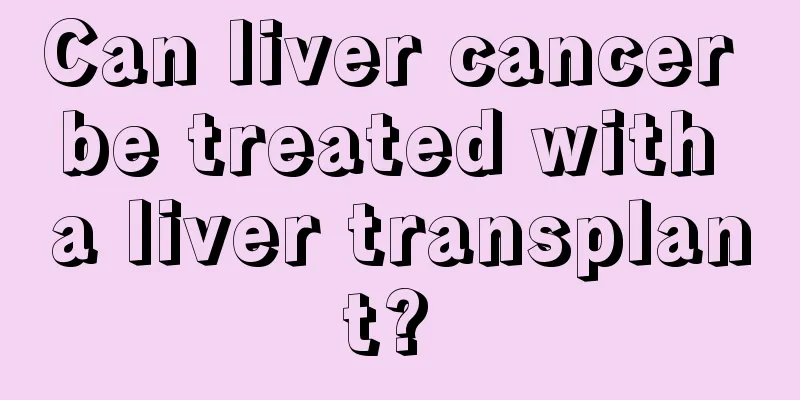Nervous and fast heart rate

|
We all know that the human heart is a particularly important organ in the human body. Especially when people are in a relatively stressful environment, it is particularly easy to have a tachycardia. Moreover, a tachycardia is prone to blushing and hand tremors. These symptoms occur relatively. In fact, a tachycardia means a faster heart rate. So how can we relieve the fast heart rate when we are overly nervous? The heart is located in the middle left part of the chest cavity, with the sternum and ribs in front and the esophagus and spine behind. It is about the size of your fist. Throughout a person's life, the heart works non-stop without sleep. It will not stop beating until life ends. Because the heart constantly contracts and relaxes, the blood in the blood vessels can circulate continuously, allowing people to survive. When the heart beats, the apex of the heart hits the chest wall near the left nipple, forming an apex beat. People who are thin and have thin chest walls can clearly see or feel the beating heart with their hands. Under normal circumstances, an adult's heart beats between 60 and 80 times per minute, but if the heart beats more than 100 times per minute in a quiet state, it is "tachycardia", also known as "palpitations". "Tachycardia" is not a disease name, but a symptom. The causes of tachycardia vary greatly, the most common of which is a disease of the heart itself, such as various types of heart disease, myocarditis, heart failure, etc. Systemic diseases such as anemia, fever, acute and chronic infection, shock, hyperthyroidism, and gas poisoning can also cause tachycardia. For normal people, their heart rate may accelerate when they exercise or are emotionally excited, drink strong liquor, strong tea, strong coffee, smoke a lot, or take certain medications. Why don't young people need to be nervous about tachycardia? Because the main and most common cause of tachycardia in young people is functional autonomic nervous system disorder, which has been confirmed by more and more clinical cases and cardiologists. Most young men and women with palpitations are very nervous when they see a doctor, but after auscultation and full-body examination of relevant items, it is found that except for a rapid heart rate, other examinations are normal. In addition to feeling anxious, patients often have symptoms of neurasthenia such as dizziness, fatigue, loss of energy, insomnia, and nightmares. Tachycardia is very common among young people. According to clinical statistics, it accounts for 16.8% of all young people's visits to the doctor. It is clinically called "adolescent tachycardia." So, why does the autonomic nervous system become disordered during adolescence? Because adolescence is the transition stage from basic maturity to full maturity of the body. |
<<: Heart rate increases when scratching
>>: Will aortic heart type cause bradycardia?
Recommend
Why is my lower abdomen hot?
Most young people today are busy with work and of...
What medicine to use to control termites
Generally, termites appear in large numbers start...
What are the benefits of aspirin plus honey
Aspirin, a drug we are all familiar with, is main...
What causes the late-stage symptoms of cervical lymphoma
The occurrence of lymphoma causes serious harm to...
Can liver cancer be prevented? Four habits make Chinese people more susceptible to liver cancer
The liver affects every aspect of our body and li...
Post-holiday diet therapy to detoxify and clean up body waste
While food helps us to strengthen our bodies, it ...
Skills in communicating with people
Human beings are social animals and cannot avoid ...
GC chemotherapy regimen for bladder cancer
Transitional cells are highly resistant to chemot...
What medicine is the most effective in removing acne scars
Acne troubles many young people. Although we hate...
Why does my butt hurt? What are the causes of waist and buttock pain?
In our daily life, we should often experience pai...
What are some things in our daily life that can kill bacteria and disinfect?
There are a wide variety of sterilization product...
Can pregnant women eat seaweed?
Nori, an symbiotic algae in the ocean, can be use...
What's wrong with the purple blood streaks under the tongue
The tongue is a very flexible tissue that is loca...
Are all lung cancer patients suitable for immunotherapy?
Lung cancer patients can receive immunotherapy. D...
What is the cause of nasopharyngeal cancer
There are more and more people suffering from nas...









